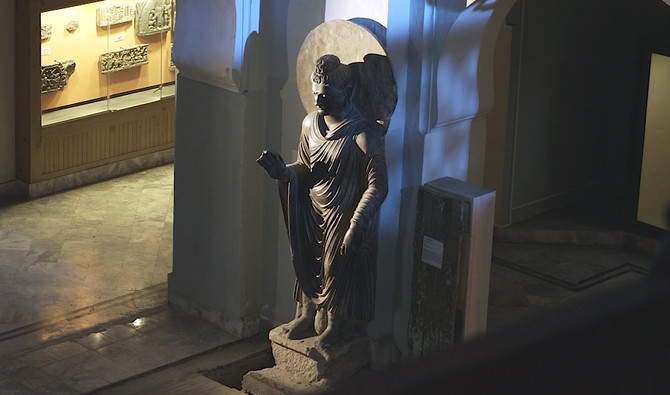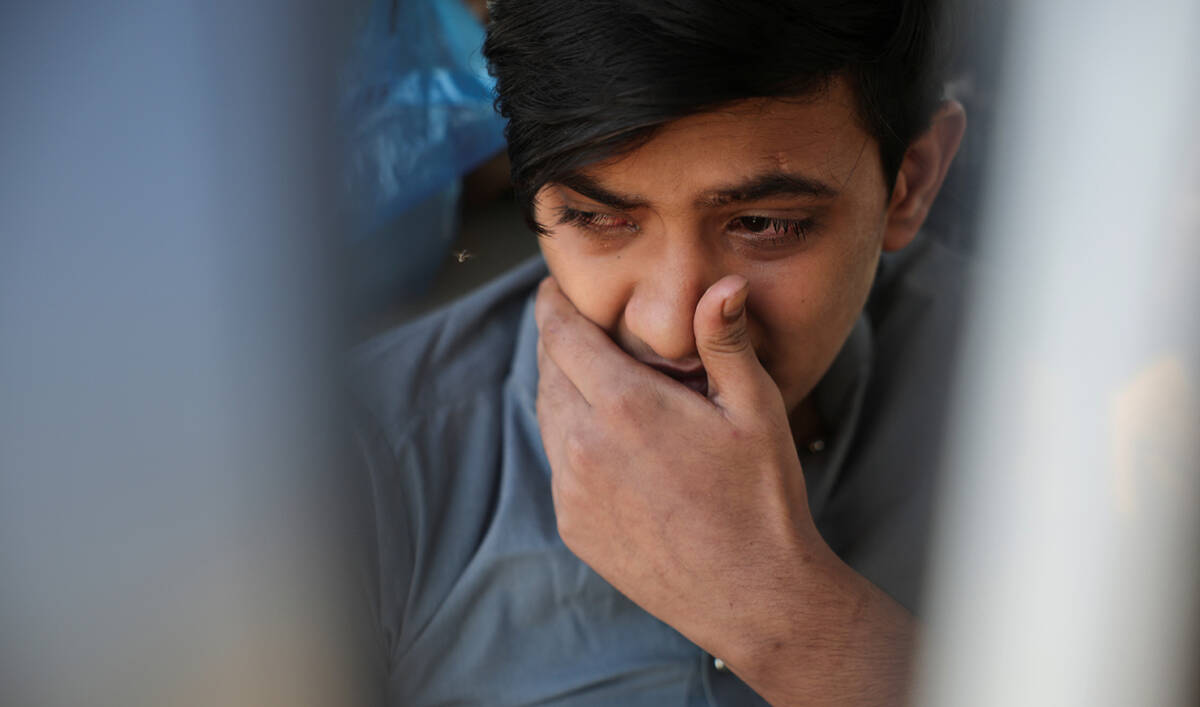ISLAMABAD: Pakistan has loaned a 2,000-year-old Buddha statue from its Peshawar Museum to Switzerland for an exhibition, at the Rietberg Museum in Zurich, which began yesterday and will end on March 31, officials said on Thursday.
“This is the first time that this sculpture has been sent out of Pakistan,” the Switzerland embassy in Islamabad said in statement on Thursday.
The “Buddha Shakyamuni,” which stands tall at more than three and a half meters and weighs nearly two tons, will be the main highlight at the event titled "Next Stop Nirvana - Approaches to Buddhism", the statement added.
Estimated to have been built between the first and third century, the sculpture was excavated in 1909-10 from a small village named Sahri Bahlol, near the World Heritage site of Takht-i-Bhai in the Khyber Pakhtunkhwa province, and showcased at the Peshawar Museum ever since.
“Smaller objects from that era have been sent out of Pakistan for exhibition but this is the first time that a statue of this size has gone out of the country,” the statement said.
According to the statement, in 2017, the Switzerland embassy and the Swiss Agency for Development and Cooperation initiated contacts between the Rietberg Museum and the government of Pakistan, which resulted in the signing of a Memorandum of Understanding (MoU) between the two parties, in Zurich, in March this year.
Under the agreement, the Peshawar Museum will lend the statute to Rietberg for three and a half months.
“It strengthens the ties between Pakistan and Switzerland in a completely unconventional way,” Daniel Valenghi, Deputy Head of Cooperation at the Embassy of Switzerland, said. “It also shows that Pakistan has a very diverse cultural heritage, and for us this is a very important step for the development of Pakistan.”
Next year, Switzerland and Pakistan are going to celebrate the 70th anniversary of their diplomatic relations.
“The Peshawar Museum has the most important and largest collection of Gandhara Art in the world, including antiquities of Buddhist stone sculptures and panels, architectural elements, stucco, sculptures terracotta figurines, relic caskets, toiletry objects,” the Peshawar Museum states on its website.



















